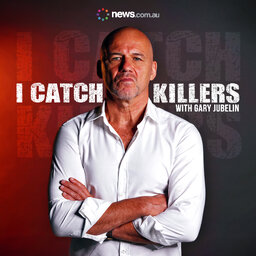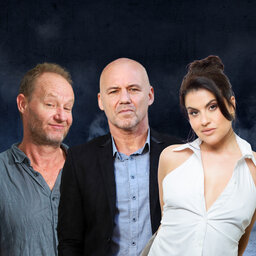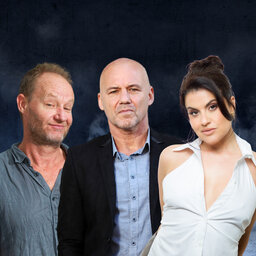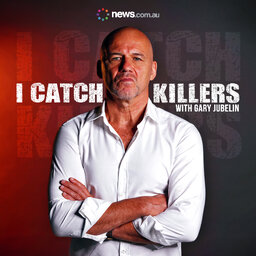Predators lurking in plain sight: Kristi McVee Pt.2
Former detective Kristi McVee has interviewed hundreds of young kids who’ve been assaulted by child sex offenders. From love bombing and online dangers to the sextortion gangs online, Kristi wants to empower children and end the insidious cycle of abuse.
Listen to Kristi on The CAPE Podcast here.
Can’t get enough of I Catch Killers? Stay up to date on all the latest crime news at The Daily Telegraph.
Get episodes of I Catch Killers a week early and ad-free, as well as bonus content, by subscribing to Crime X+ today.
Like the show? Get more at icatchkillers.com.au
Advertising enquiries: newspodcastssold@news.com.au
Questions for Gary: icatchkillers@news.com.au
Get in touch with the show by joining our Facebook group, and visiting us on Instagram or Tiktok.
 I Catch Killers with Gary Jubelin
I Catch Killers with Gary Jubelin


